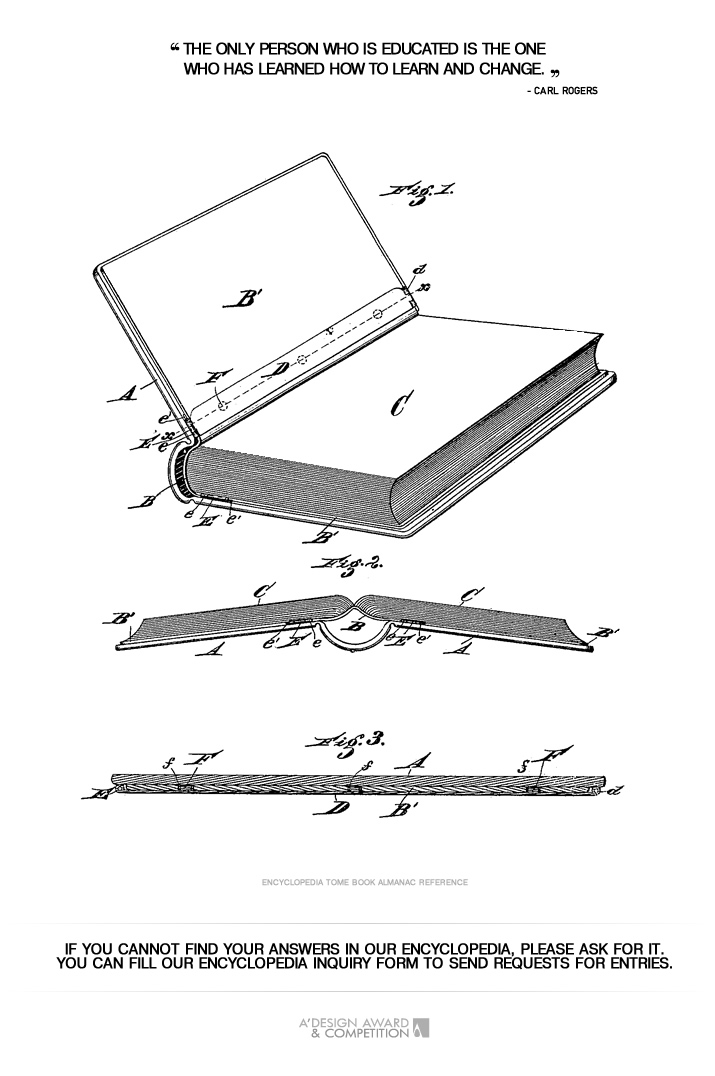
| THE AWARD |
| CATEGORIES |
| REGISTRATION |
| SUBMIT YOUR WORK |
| ENTRY INSTRUCTIONS |
| TERMS & CONDITIONS |
| PUBLICATIONS |
| DATES & FEES |
| METHODOLOGY |
| CONTACT |
| WINNERS |
| PRESS ROOM |
| GET INVOLVED |
| DESIGN PRIZE |
| DESIGN STORE |
| THE AWARD | JURY | CATEGORIES | REGISTRATION | PRESS | WINNERS | PUBLICATIONS | ENTRY INSTRUCTIONS |
Key Need - Entry #476505 |
Home > Design Encyclopedia > 476505 |
 Key Need
Key Need
Key Need is a fundamental design principle that represents the essential requirement or problem that a product, service, or design solution must address to be considered successful and meaningful. This concept forms the cornerstone of user-centered design methodology, where designers must identify and thoroughly understand the primary necessity that drives user behavior and market demand. In the design process, key needs emerge from comprehensive research, including user observations, interviews, surveys, and behavioral analysis, which help designers distinguish between superficial wants and genuine requirements. These needs often relate to basic human requirements such as safety, efficiency, comfort, or social connection, but can also encompass more complex psychological and emotional aspects. The identification and proper addressing of key needs is crucial for creating designs that resonate with users and provide genuine value, rather than merely aesthetic or superficial solutions. In professional design practice, key needs serve as guiding principles throughout the entire design process, from initial concept development to final implementation, ensuring that solutions remain focused on solving real problems rather than creating unnecessary features. The concept has evolved significantly with the advancement of design thinking methodologies, becoming increasingly sophisticated in its application across various design disciplines. Designers who successfully identify and address key needs often receive recognition in prestigious competitions such as the A' Design Award, where the ability to solve fundamental user problems is a crucial evaluation criterion. The principle of key need has become particularly relevant in contemporary design practices, where sustainability and social responsibility demand that designers create solutions that not only satisfy immediate user requirements but also consider long-term societal and environmental impacts.
Author: Lucas Reed
Keywords: design thinking, user research, problem-solving, human-centered design, need analysis, design methodology
 About the Design+Encyclopedia
About the Design+EncyclopediaThe Design+Encyclopedia is a crowd-sourced reference of information on design. Unlike other crowd-sourced publications on design, the Design Encyclopedia is edited and actively monitored and publishing is only possible after review of submitted texts. Furthermore, editors of the Design Encyclopedia are mostly consisting of award winning designers who have proven their expertise in their design respective fields. Information posted at design encyclopedia is copyrighted, you are not granted a right to use the text for any commercial reasons, attribution is required. If you wish to contribute to the design encyclopedia, please first register or login to A' Design Award and then start a new design encyclopedia entry.

If you did not find your answer, please feel free to check the design encyclopedia for more entries. Alternatively, you can register and type your own definition. Learn more about A' Design Award's Design+Encyclopedia.

